-
Testing
-
EMC-EMI Testing
- EMC-EMI Testing Services
- Radiated Emissions Testing
- Conducted Emissions Testing
- Radiated Immunity Testing
- ESD Immunity Testing
- EFT Burst Immunity Testing
- Surge Immunity Testing
- Conducted Immunity Testing
- CISPR 11 ISM Equipment Testing
- CISPR 32 Multimedia Equipment Testing
- Harmonic Current Testing
- Voltage Flicker Testing
- Power Frequency Magnetic Field Testing
-
Medical Device Testing
- Medical Device Testing Services
- FDA ASCA Medical Testing
- IEC-60601-1 Safety Testing
- ANSI/AAMI ES60601-1 Testing (US Version)
- IEC-60601-1-2 EMC Testing
- Medical Device Safety Testing
- Medical Device EMC Testing
- IEC-60601-1-6 Usability Testing
- IEC-60601-1-8 Alarm System Testing
- IEC-60601-1-11 Home Healthcare Testing
- IEC-60601-2-2 Surgical Equipment
- IEC-60601-2-4 Cardiac Defibrillator
- IEC-60601-2-12 Lung Ventilator
- IEC-60601-2-24 Infusion Pump
- IEC-60601-2-35 Medical Heating Device
- IEC-61010-1 Laboratory Equipment Safety
- IEC-61010-2-101 IVD Equipment
- IEC-61326-2-6 IVD EMC
- Compliance Testing Services
- EMI and EMC Compliance Testing
- Wireless Device Compliance Testing
- By Product Family Standard
- By Generic Standards
-
EMC-EMI Testing
-
Product Safety Testing
- Product Safety Testing Services
- Low Voltage Directive (LVD)
- IEC 60601-1: Safety for Medical Electrical Equipment
- IEC 60204-1: Product Safety for Electrical Machinery
- IEC 60335-1: Safety for Household & Similar Electrical Appliances
- IEC 61010-1: Electrical Equipment for Measurement, Control, and Laboratory Use
- IEC 62368-1: A/V, information, & Communication Technology Equipment
- IEC-60335-2-29 Battery Charger Testing
- IEC-60335-2-82 Amusement Machine Testing
- IEC-60730-1 Automatic Controls Testing
- IEC-61851 EV Charging Testing
- EN-957 Fitness Equipment Testing
- IEC-60950-1 Testing Legacy
- CE LVD Safety Testing
- Certification
- Training
- Consulting
- Request Test Quote



